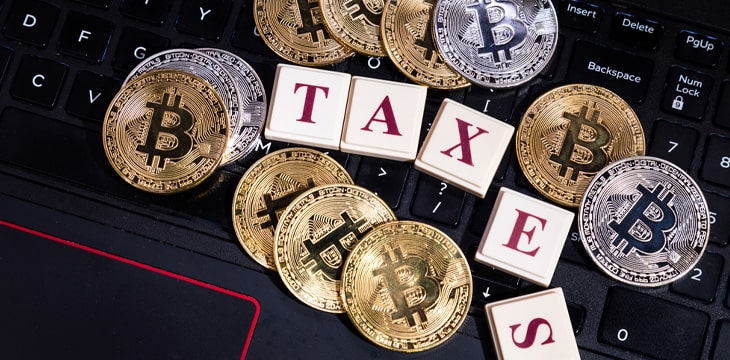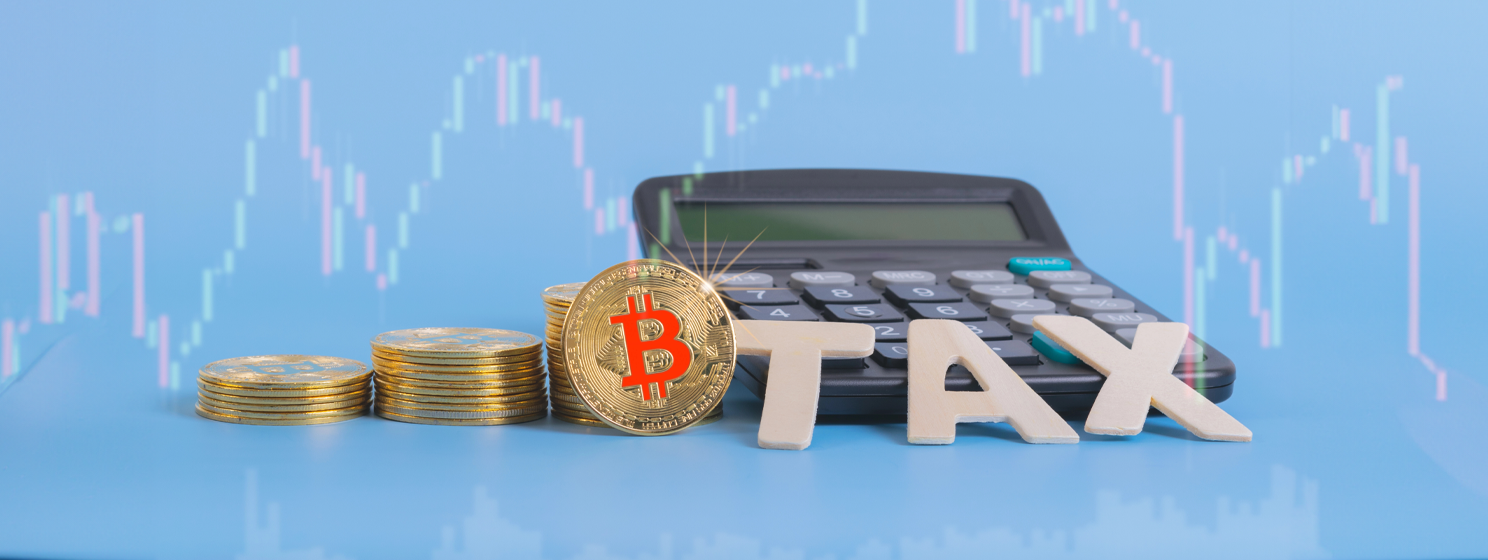|
Getting your Trinity Audio player ready...
|
South Korea’s tax agency, the National Tax Service (NTS), has vowed to crack down on individuals utilizing digital assets and digital asset platforms to evade taxes.
According to a Korea Herald report, an NTS official made the statement during the body’s policy discussion before the strategy and finance committee of the National Assembly. During the briefing, the NTS explained that Koreans were increasingly seeking to use digital assets, which are not levied in the country, to dodge paying taxes.
They do this by relocating their wealth to tax haven countries and investing in digital assets. The agency cited for emphasis that an owner of a hospital in Seoul owed KRW2.7 billion (US$2 million) in income tax.
The man, who resides in Seoul’s Gangnam district, insisted that he had no earnings. NTS investigations, however, established that he had invested almost $3 million in digital assets. He was forced to pay his tax deficit after the agency seized his digital assets account.
In another case, an individual who should have paid KRW1.2 billion ($918,973) in taxes from gains made in selling a KRW4.8 billion ($3.6 million) property was found to have invested all the gains in digital assets. The official added that such cases are “hampering justice in the market as well as fairness in taxation.”
The NTS is also looking into individuals using digital assets to evade inheritance and gift taxes, as well as online platforms relocating their servers to tax havens to dodge paying income taxes for operating electronic commerce activities.
South Korea and digital assets taxation
South Korea has been pushing to introduce a comprehensive tax regime for digital assets since 2020. The law to impose a 20% digital assets income tax was planned to come into force in 2021 but has suffered several delays.
The tax regime was pushed back to 2022, then 2023, and most recently, 2025. The most recent postponement is influenced by the new presidential regime of Yoon Suk-yeol, who is determined only to introduce taxes after comprehensive regulations have been made for the asset class in keeping with his campaign promises.
Efforts to complete, enact, and begin enforcing the Digital Assets Basic Act (DABA), which will regulate the market, have redoubled, especially since the Terra ecosystem LUNA and UST tokens collapse. The government has also formed an interim committee to oversee the market until the regulation comes into force.
Watch: The BSV Global Blockchain Convention panel, The Future World with Blockchain
https://www.youtube.com/watch?v=v9hDGDoy1mM

 03-05-2026
03-05-2026 




